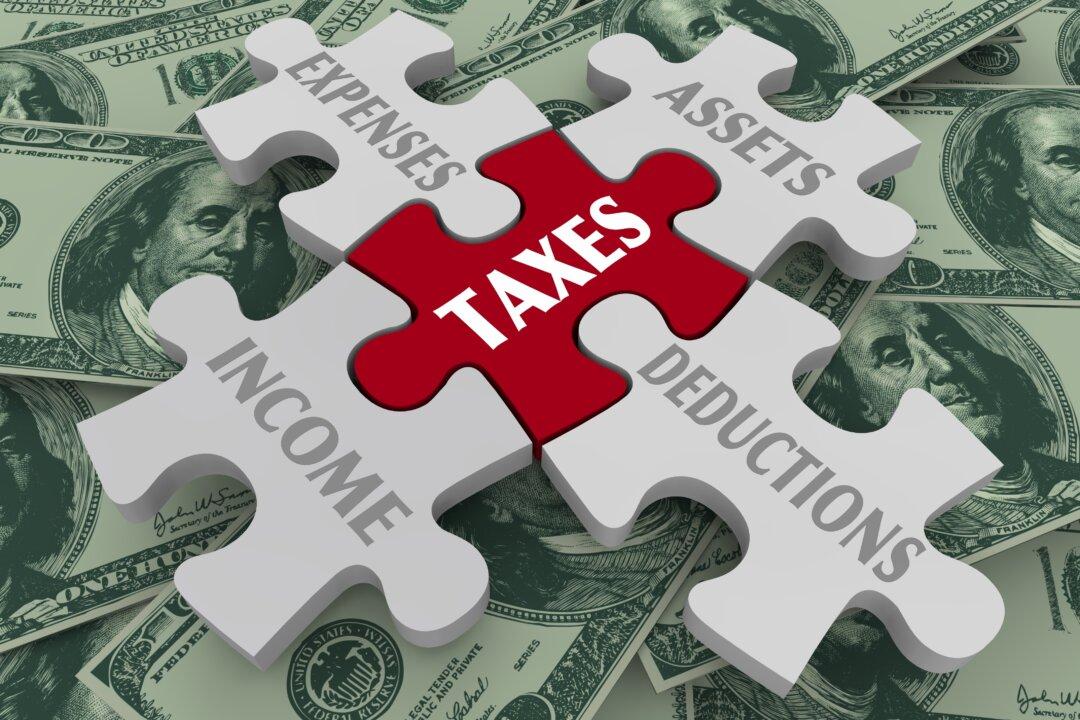Investors responded to the consumer price index (CPI) soaring to a 40-year high of 8.6 percent in May, topping market forecasts of 8.3 percent. Yet adjusting for inflation, retail sales have barely budged. These are all signs of increasing financial pressure on the consumer, and if it wasn’t for the strong job market, this trend would be particularly worrisome.
Ten Steps to Take to Reduce Your Spending
Here are 10 ways you can decrease your spending, perhaps by as much as half your current monthly rate:1. Restaurants
Not only have restaurant meals rocketed in terms of price, but many are tacking on additional fees they call “noncash adjustments,” or “kitchen appreciation.” This troubling inflationary trend is mostly showing up at restaurants hit by higher food prices and wage pressures.Most servers still expect to receive a 20 percent tip on top of all these charges. Even Mastercard and Visa have recently raised transaction fees for many merchants. If a meal is $20 in a restaurant, it is likely you can cook a reasonable meal yourself for $5, with purchased fresh fruits and vegetables, whole grains, and lean meats.






